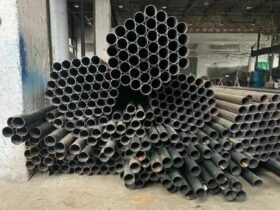An attempt to transfer to the village a typical system of relations with colleagues for work, friends, family members gave negative results: these kinds of rural residents do not perceive and questions. Not because there are no such relations in the village, but because they are different than in the city. With all the wealth of the social experience of a rural resident from the perspective of a modern citizen, this experience is limited. Many social innovations were not included or almost did not enter the life of the current generation of rural residents. If, for example, a person did not eat outside the house, then it is difficult for him to answer the question of what form of nutrition he prefers: home or public. If – he did not live in the city, then it is difficult to evaluate urban life, call city professions, evaluate their prestige. Given this, we cannot, for example, contact a rural resident with equally private issues relating to the nomenclature of purchased products, as they do. Researchers of the city, because many of the goods of this kind of rural residents do not consume.. This also applies to some types of services. The named respondent features of the rural population during the survey are manifested in the inconsistency of the languages of the respondent and the interviewer, t. E.’Fe misunderstanding the questions asked. So, sometimes the word “friends” is associated with the words “friend”, “drinking companions”. Another meaning puts rural residents in the word “condemn”. The question “whether in your village are those who are drunk in your village?”They interpreted by them in terms of not public; and judicial conviction. Many other concepts typical of urban vocabulary are otherwise interpreted. All this determined the impossibility, filling out the questionnaires and the need to wrap information by formalized interviews. Its main features in our case are as follows. Each employee who got into the sample is interviewed on issues included in the questionnaire. The formulations of questions are strictly determined by the text of the questionnaire and instructions, the deviations from which are not allowed. The survey is individual. Collective discussion of the questions asked, advice other forms of participation of third parties are excluded. Their presence during the conversation is also excluded. The questionnaire is filled out only by the interviewer, the independent filling of the questionnaire is excluded by the interviewed. Only specially trained workers act as interviewers.
The specifics of social relations in the village
Ваша реакция?
Класс!0
Не нравится0
Засыпаю0
Прикольно0












Оставить коммент.